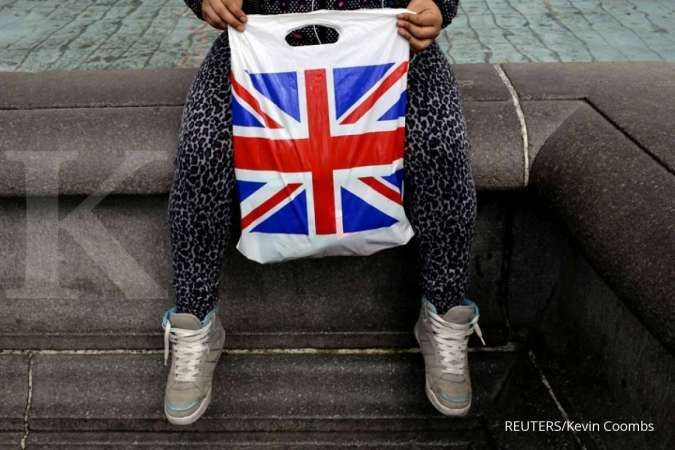INFLATION - WASHINGTON. U.S. prices fell in November for the first in more than 3-1/2 years, pushing the annual increase in inflation further below 3%, and boosting financial market expectations of an interest rate cut from the Federal Reserve next March.
The report from the Commerce Department on Friday also showed underlying inflation pressures continuing to subside last month. Cooling inflation left more income at the disposal of households, helping to underpin consumer spending and the overall economy as the year winds down.
"(Fed) Chair (Jerome) Powell couldn't have asked for a better present this year," said Sal Guatieri, a senior economist at BMO Capital Markets in Toronto. "So far at least, the endgame is turning out better than the Fed or nearly anyone could have imagined at the start of the year. While the Fed won't rush into cutting rates, it's likely now just a matter of time."
Inflation, as measured by the personal consumption expenditures (PCE) price index, fell 0.1% last month, the Commerce Department's Bureau of Economic Analysis said. That was the first monthly decline in the PCE price index since April 2020 and followed an unchanged reading in October.
Read Also: Toyota Indonesia Suspends Sales; Its Products Join with Daihatsu
Food prices edged down 0.1% and energy prices dropped 2.7%. In the 12 months through November, the PCE price index increased 2.6% after rising 2.9% in October. October marked the first time since March 2021 that the annual PCE price index was below 3%.
Economists polled by Reuters had forecast the PCE price index unchanged on month and rising 2.8% year-on-year.
Excluding the volatile food and energy components, the PCE price index rose 0.1% in November, matching October's gain.
The so-called core PCE price index advanced 3.2% year-on-year in November, the smallest rise since April 2021, after increasing 3.4% in October. The Fed tracks the PCE price measures for its 2% inflation target.
Monthly inflation readings of 0.2% on a sustainable basis are needed to bring inflation back to the Fed's target, economists say. Early on Friday, financial markets were pricing a roughly 72% chance of a rate cut at the Fed's March 19-20 policy meeting, according to CME Group's FedWatch Tool.
The dollar fell against basket of currencies. U.S. Treasury prices rose.
Read Also: Gold Near 3-Week Peak on Fed Rate Cut Bets, US Inflation Test Looms
The U.S. central bank held rates steady last week and policymakers signaled in new economic projections that the historic monetary policy tightening engineered over the last two years is at an end and lower borrowing costs are coming in 2024. Since March 2022, the Fed has hiked its policy rate by 525 basis points to the current 5.25%-5.50% range.
Consumer spending, which accounts for more than two-thirds of U.S. economic activity, increased 0.2% last month. Data for October was revised to show spending rising 0.1% instead of the previously reported 0.2%. Economists had forecast spending gaining 0.3%.
Adjusted for inflation, consumer spending increased 0.3%. The gain in the so-called real consumer spending added to data this week that suggested the economy was regaining some speed after appearing to falter at the start of the fourth quarter.
On Tuesday, the Commerce Department reported that single-family housing starts and building permits hit 1-1/2-year highs in November. The string of upbeat data prompted economists to boost their gross domestic product growth estimates for this quarter, which are as high as a 2.7% annualized rate. The economy grew at a 4.9% pace in the third quarter.
/2022/06/13/124380975.jpg)















